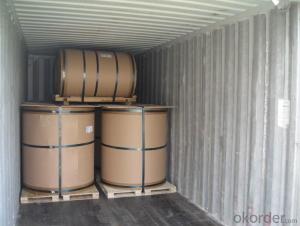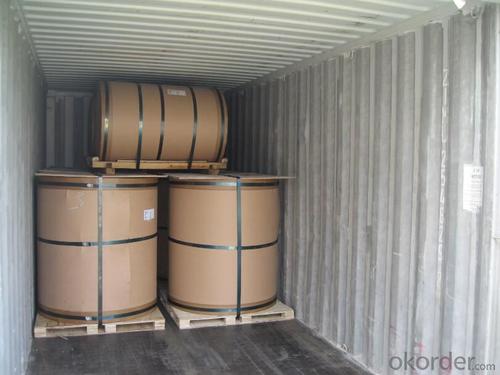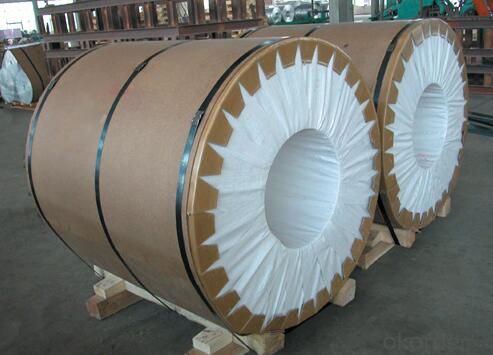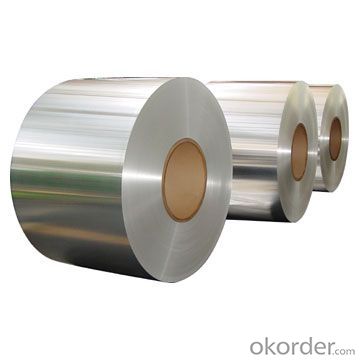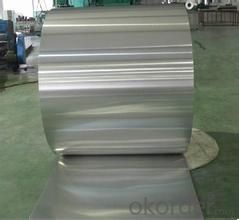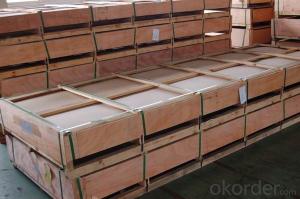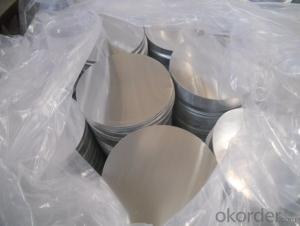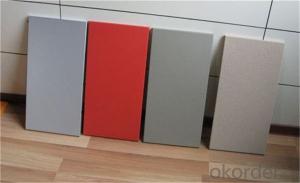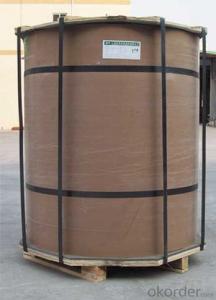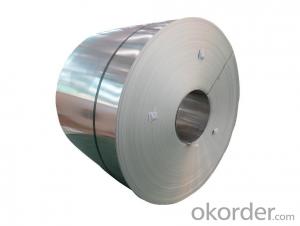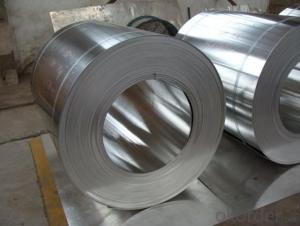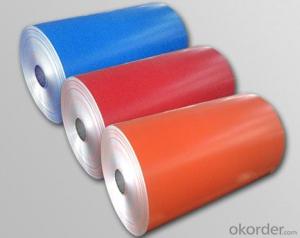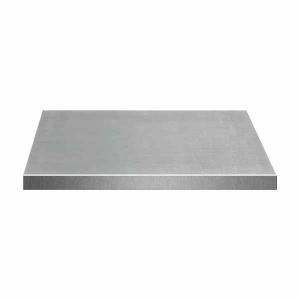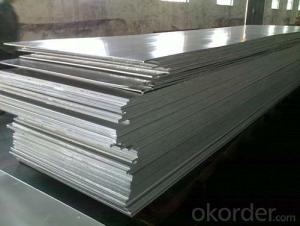Stamping Aluminum Sheets - Aluminium Coil for Industry Use/Aluminium Coil Sheet 6061 T8
- Loading Port:
- Shanghai
- Payment Terms:
- TT OR LC
- Min Order Qty:
- 8 m.t.
- Supply Capability:
- 20000 m.t./month
OKorder Service Pledge
OKorder Financial Service
You Might Also Like
Specification
Aluminium Coil for Industry use/Aluminium Coil Sheet 6061
Packaging & Delivery
Packaging Details: standard seaworthy exporting carton,
Wooden pallets,waterproof paper and plastic coverage or or as per customer's requirements
Delivery Detail:20-45 days
Specifications
aluminum sheet manufacturer in China
1.High quality aluminum sheet/coil
2.Reasonable price
3.Prompt delivery
4.Wearability
Professional Aluminum Sheet Manufacturer in China
2.Application: Widely used in ACP,construction like curtain wall,shutter,ceiling,interior or exterior decoration etc.
3.MOQ:about 5Mertic Tons with each size.
4.Port qingdao,ningbo,shanghai,tianjin port,china.
5.Payment Terms: 100% Irrevocable L/C at sight or 30% T/T as deposit,70% balance against the B/L copy.
6. Delivery: about 30 days after receving the deposit or L/C.
7. Certificate: SGS,ISO9001-2008 etc.
8. Attention:The specific things can be negotiated according to the customers' requirment.
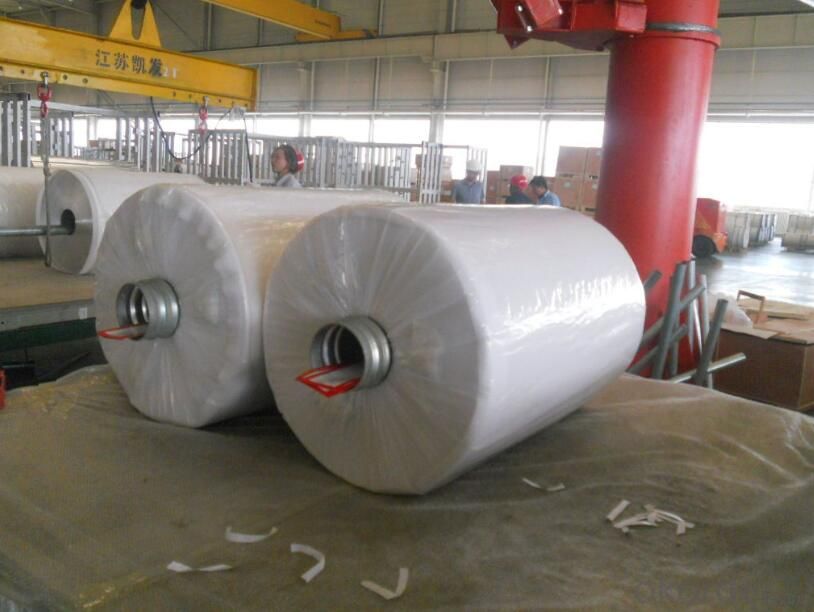
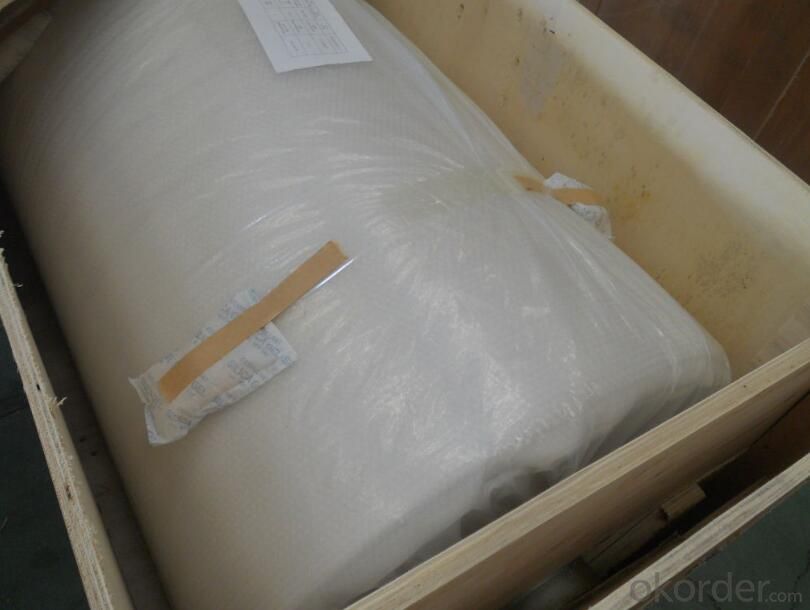
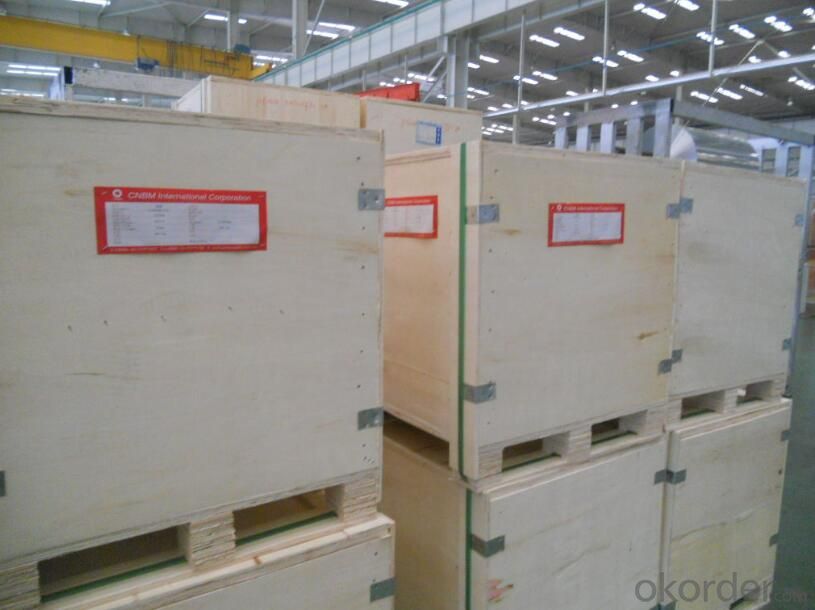
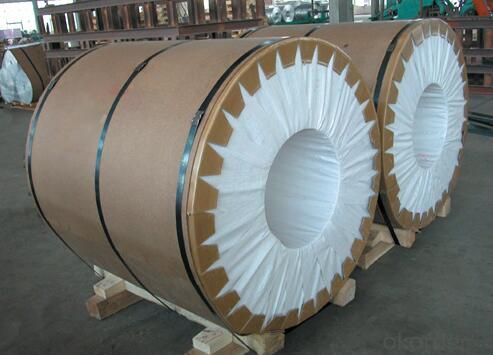
- Q: I have to wire solar DC photovoltaic panels and have always used at least an 8 gauge wire. Recently, I installed a solar electric fence and they recommended special electric fence wire that can handle 10,000 volts. It looks aluminum. The fence techs told me copper is only rated for 600 volts. And the power will leak through the insulation. They also say copper will corrode and created insulated spots. Does this mean that aluminum doesn't corrode and is it superior to copper? Is is all a lobbying scam to force us to buy copper? Can I use the electric fence wire in my solar wiring?
- yes copper wire is better than almunium since coppe is very best conductor that that of almunium
- Q: What are the advantages of using aluminum sheets compared to other materials?
- There are several advantages of using aluminum sheets compared to other materials. First, aluminum is lightweight, making it easier to handle and transport. Second, aluminum has corrosion resistance properties, ensuring durability and longevity. Third, aluminum sheets can be easily formed and molded into various shapes, allowing for versatility in applications. Additionally, aluminum is a good conductor of heat and electricity, making it suitable for use in industries such as aerospace and electrical engineering. Lastly, aluminum is recyclable, making it an environmentally friendly choice.
- Q: Is aluminum sheet resistant to UV rays?
- Yes, aluminum sheet is resistant to UV rays.
- Q: i am writing an essay about aluminium recycle,,,, and i would like to knowwhy it is important to recycle aluuminium can, what is so harmful about the wastes and some facts about aluminium.Thanx..... i would love if you give me the site address where i can find such infors...
- I okorder /
- Q: This question asks for a comparison between aluminum sheets and other roofing materials, highlighting their differences.
- <p>Aluminum sheets differ from other roofing materials such as asphalt shingles, clay tiles, and metal roofs in several ways. They are lightweight, durable, and resistant to corrosion, making them ideal for coastal areas. Aluminum sheets offer a sleek, modern aesthetic and can be easily recycled, contributing to their environmental friendliness. Unlike asphalt shingles, which have a shorter lifespan, aluminum sheets are long-lasting and can withstand extreme weather conditions. They also don't require the same level of maintenance as clay tiles, which can crack over time. While metal roofs can be similar to aluminum in terms of durability, aluminum sheets are typically more cost-effective and offer a wider range of colors and finishes.</p>
- Q: You are probably think wtf. Lol, so I just got a Mac and I HATE its keyboard! Also, I have been looking at Fallout 3, and I think its looks amazing! Here is my question: Should I get the new aluminum keyboard for my Mac or Fallout 3? I have $60 to spend and I have found a place to get one or the other for under $60. I could also get on Ebay and get BOTH! Which one/option should I do?
- Is okorder /... As for the game, you can just get that off OKorder.
- Q: Are aluminum sheets suitable for roofing?
- Yes, aluminum sheets are suitable for roofing. They are lightweight, durable, and resistant to corrosion, making them an excellent choice for roofing materials. Additionally, aluminum sheets have good thermal properties, reflecting sunlight and helping to keep the building cool.
- Q: What is the typical bend radius for aluminum sheets?
- The typical bend radius for aluminum sheets can vary depending on the thickness of the sheet and the specific alloy being used. However, in general, a typical bend radius for aluminum sheets ranges from 0.8 to 2 times the thickness of the sheet.
- Q: What does aluminum plate "1060-H24" mean?
- Four, H24 H said the work hardening of the state, and some do not have H but T said it is heat treatment.24 machining process control hardness and other properties, in addition to 24 and 12, 14, 16, 18, 22, 26, 34, 36 and so on, usually at the end of 4 is a semi hard state.1060O, 1060-H22, 1060-H24, 1060-H18 state is arranged from soft to hard.
- Q: Aluminum plate belongs to steel or non ferrous metal?
- Of or consisting of pure aluminum or aluminum alloy material made by pressing (cutting or sawing); a rectangular material with a rectangular cross section and a uniform thickness. See China ferroalloy on line
Send your message to us
Stamping Aluminum Sheets - Aluminium Coil for Industry Use/Aluminium Coil Sheet 6061 T8
- Loading Port:
- Shanghai
- Payment Terms:
- TT OR LC
- Min Order Qty:
- 8 m.t.
- Supply Capability:
- 20000 m.t./month
OKorder Service Pledge
OKorder Financial Service
Similar products
Hot products
Hot Searches
Related keywords
